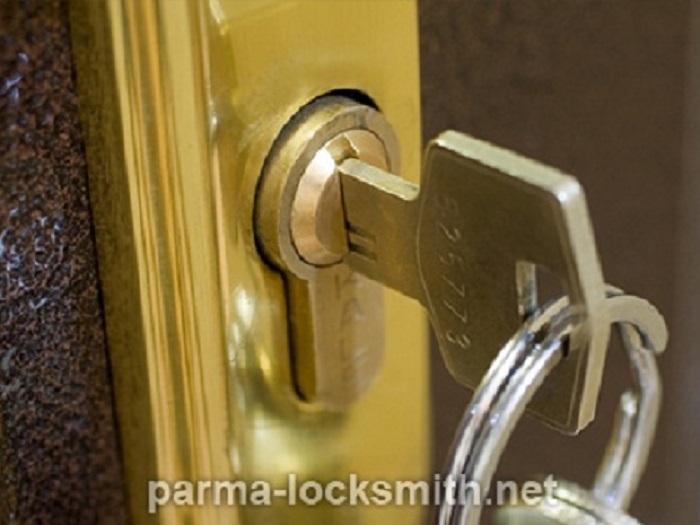
Emergencies can strike at any time, leaving us stranded and seeking immediate solutions. One such common predicament is a broken key in a lock, a scenario that requires swift and efficient resolution. Emergency broken key extraction services play a crucial role in rescuing individuals from these challenging situations. In this article, we will delve into the importance of such services, the techniques employed, the tools utilized, and the role they play in ensuring the security and convenience of individuals facing this predicament.
The Importance of Emergency Broken Key Extraction Services
1. 24/7 Accessibility:
One of the defining features of emergency broken key extraction services is their round-the-clock availability. Lock-related incidents don’t adhere to a convenient schedule, and individuals can find themselves in need of assistance at any hour of the day or night. These services ensure that help is just a phone call away, providing much-needed relief to those locked out due to a broken key.
2. Rapid Response Time:
Time is of the essence in emergency situations. Whether it’s a car, home, or office lockout, prompt response is critical. Emergency broken key extraction services are equipped to dispatch professionals quickly to the location, minimizing the time individuals spend stranded or vulnerable.
3. Minimizing Property Damage:
Attempting to extract a broken key without the proper tools or expertise can lead to further damage to the lock or door. Emergency services are trained to handle these situations with precision, minimizing the risk of additional harm to the property. This expertise not only ensures successful key extraction but also reduces the need for costly repairs.
Techniques Employed in Emergency Broken Key Extraction
1. Precision Tools:
Emergency locksmiths utilize a variety of precision tools designed specifically for key extraction. These tools include broken key extractors, tweezers, and specialized key removal kits. The use of these instruments allows professionals to navigate the delicate process of key extraction without causing damage to the lock or door.
2. Lubrication Techniques:
Lubrication is a common technique employed in key extraction. Locksmiths may use graphite or other lubricants to ease the removal process. This not only helps in freeing the broken key but also ensures smoother operation of the lock once the key has been successfully extracted.
3. Tweezers and Extractors:
In situations where the broken key is still visible within the lock, locksmiths often use tweezers or specially designed key extractors. These tools are adept at gripping the broken key and facilitating its careful removal from the lock.
4. Lock Disassembly:
In more complex scenarios, where the broken key is lodged deep within the lock mechanism, Parma locksmiths may need to disassemble the lock. This requires a high level of expertise and an in-depth understanding of lock mechanics. While not the first choice due to its complexity, lock disassembly can be a necessary technique for successful key extraction.
The Role of Technology in Emergency Broken Key Extraction
1. Key Extraction Software:
Advancements in technology have given rise to key extraction software that aids locksmiths in analyzing the lock and key components digitally. This can provide valuable insights into the most effective approach for key extraction, streamlining the process and enhancing success rates.
2. Advanced Locksmith Tools:
Technological innovations have led to the development of advanced locksmith tools that make key extraction more efficient. Electric pick guns, key extractors with micro cameras, and laser-guided extraction tools are examples of modern equipment that have revolutionized the locksmith industry.
3. Digital Key Replication:
In cases where the broken key cannot be extracted, digital key replication technologies can create a duplicate key based on the lock’s digital signature. This can provide a viable solution without the need for physical key extraction.
Challenges and Considerations
1. Lock Security Concerns:
While emergency broken key extraction services aim to provide immediate relief, concerns about the security of the lock must also be addressed. Locksmiths must ensure that the extraction process does not compromise the integrity of the lock, leaving it vulnerable to unauthorized access.
2. Customer Education:
Providing information to customers about the importance of professional key extraction services is crucial. DIY attempts or hiring unqualified individuals can exacerbate the problem and lead to additional expenses in the form of repairs or replacements.
3. Legal and Ethical Standards:
Emergency locksmiths must operate within legal and ethical boundaries. Ensuring that the individual requesting assistance has the legal right to access the property is paramount. Adhering to industry regulations and ethical practices safeguards both the locksmith and the client.
Emergency broken key extraction services are a vital component of the locksmith industry, offering immediate assistance to individuals facing lock-related emergencies. Their 24/7 accessibility, rapid response times, and use of advanced tools and techniques make them indispensable in providing effective solutions to a common yet distressing problem. As technology continues to evolve, these services are likely to benefit from further innovations, ensuring that individuals facing broken key emergencies can rely on professional and efficient assistance.
As the locksmith industry continues to evolve, our commitment to providing professional and efficient assistance remains unwavering. At 24-7 Parma Locksmith, we understand the stress and frustration that accompany broken key emergencies, and we are dedicated to being the reliable and trustworthy partner our clients can depend on in their time of need.




